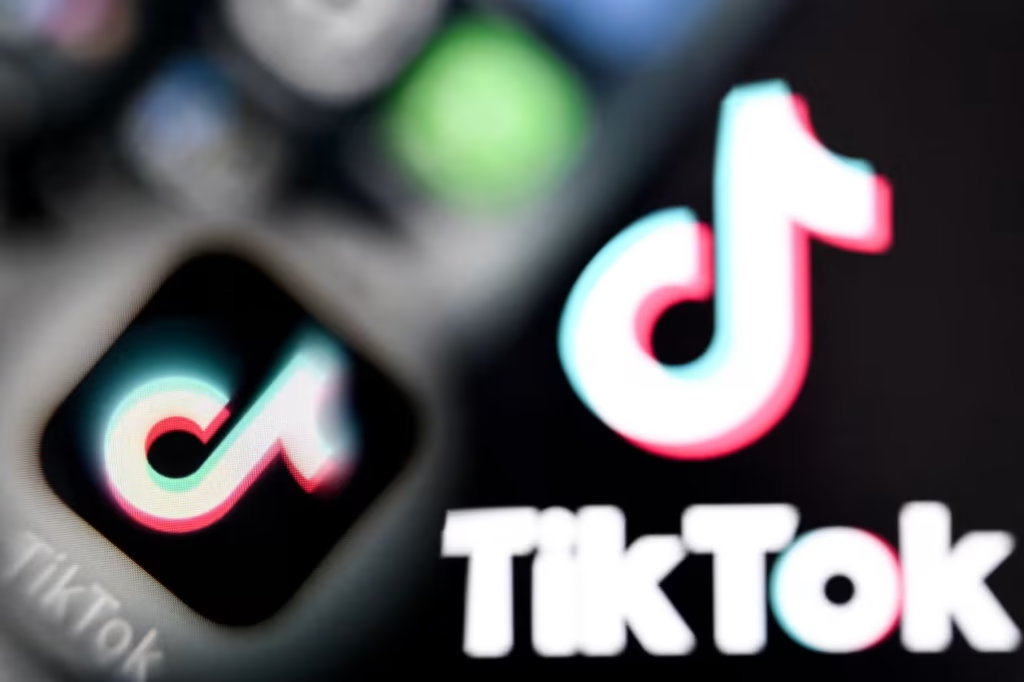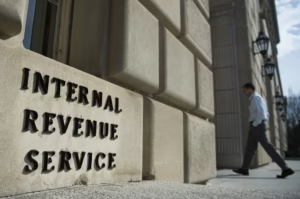On Monday, representatives of the Trump administration touted the TikTok agreement they helped negotiate and expanded on its conditions, but they still encountered some resistance.
According to a senior White House official, Oracle Corp. is one of the American investors in the social media platform and would offer security for its U.S. edition, the official told reporters.
As investors processed the news that the cloud computing behemoth, ORCL, was appointing new leadership, its shares finished 6% higher.
Although there is a risk that the new agreement with TikTok won’t be implemented successfully, analysts at William Blair said that Oracle will likely earn an additional $1 billion to $2 billion in revenue annually as a result of the partnership. Oracle, which has long considered TikTok to be one of its biggest cloud clients, may see “stickier and stronger revenue growth” as a result of the agreement, according to TD Cowen analysts. Along with that, they described the video-sharing app as a “highly strategic growth asset.”
According to the senior White House official, Oracle will thoroughly examine and retrain TikTok’s content-recommendation algorithm using user data from Americans as part of its duty as the company’s security provider in the United States. The official added that the method will be regularly checked to ensure it wasn’t being used maliciously.
During a conference with reporters later that day, White House Press Secretary Karoline Leavitt reiterated the same argument, stating that TikTok’s algorithm “will be secured, retrained and operated in the United States – outside of ByteDance’s control.”
One of the main points of contention in the app’s dealmaking has been control of TikTok’s algorithm, which is frequently referred to as the secret sauce. For national security considerations, the network’s algorithm must be cut off from TikTok’s Chinese parent business, ByteDance, according to proponents of a bipartisan law that was passed last year and targets the social media platform. On Monday, a few of them didn’t sound convinced.
“Fundamentally they don’t, because a license agreement means that there’s a licenser and a licensee, and ownership of that algorithm is with the licenser – and that is ByteDance,” Michael Sobolik, a senior fellow at the conservative think tank Hudson Institute, said in response to Trump administration officials’ insistence that the new American owners of TikTok’s U.S. business will have control over the algorithm.
“I have not seen any evidence that would lead me to believe that this licensing arrangement would eliminate ByteDance’s ability to manipulate content on the algorithm,” he stated. They assert that Oracle will be able to detect and track that in real time. I doubt that they can, but they might be able to. Although being able to monitor its actions is fantastic, it is not the same as having control over it, and you do not own something as long as you are licensing it.
“The White House’s actions regarding this deal have angered Congress as a whole, but they haven’t been exerting any significant pressure either. And this is the moment to speak up if members are truly worried,” Sobolik continued.
Similar caution was voiced by Ryan Fedasiuk, a fellow at the conservative American Enterprise Institute.
“If the licensing deal comes with veto rights or strings attached, or if ByteDance retains any ability to approve modifications or push updates, then the deal would not seem to meet the standard of independence required under the law,” Fedasiuk said in a statement to MarketWatch.
“Algorithmic monitoring is only as effective as the auditors and enforcement procedures that support it, but retraining on localized data may help address vulnerabilities to U.S. user data. Whether Congress and the public are given access to the specifics and whether enforcement measures truly stop Beijing from influencing the platform will be the true test.
Matt Schettenhelm of Bloomberg Intelligence, another analyst, expressed a little more optimism over the specifics of the TikTok deal.
“This sounds like it could be the most legally defensible of all the administration’s actions on the TikTok ban,” Schettenhelm emailed MarketWatch. He stated that reports “seem to signal that ByteDance and the new entity won’t be cooperating on the algorithm’s operation,” and that legal challenges will be challenging if the TikTok deal stops them from doing so. This is because the law states that the president decides whether the divestiture has complied with the regulations.
The goal of the bipartisan law passed last year was to outlaw TikTok in the United States as of this January 19. However, in order to give his government more time to reach an agreement that keeps the app running in the United States, President Trump has repeatedly ordered the Justice Department to refrain from enforcing it. According to analysts, the Trump orders don’t seem to have a strong legal foundation.
In a statement last week, Republican Rep. John Moolenaar of Michigan, who chairs the House Select Committee on the Chinese Communist Party, expressed his concern that the new TikTok may continue to rely on a ByteDance algorithm and application, which could allow for CCP control or influence.
A Moolenaar representative stated that the TikTok agreement is still in the works when contacted for comment on Monday, citing the committee chairman’s remarks from the previous week.
The senior White House official stated that Trump will sign a new executive order later this week as part of the next steps for the TikTok transaction. According to the official, the order would proclaim that the parameters of the sale fulfill America’s national-security objectives and that there will be a qualified divestment, and it will give 120 days to finalize the deal. ByteDance will also execute a framework agreement with one or more of the new American investors in the near future.





